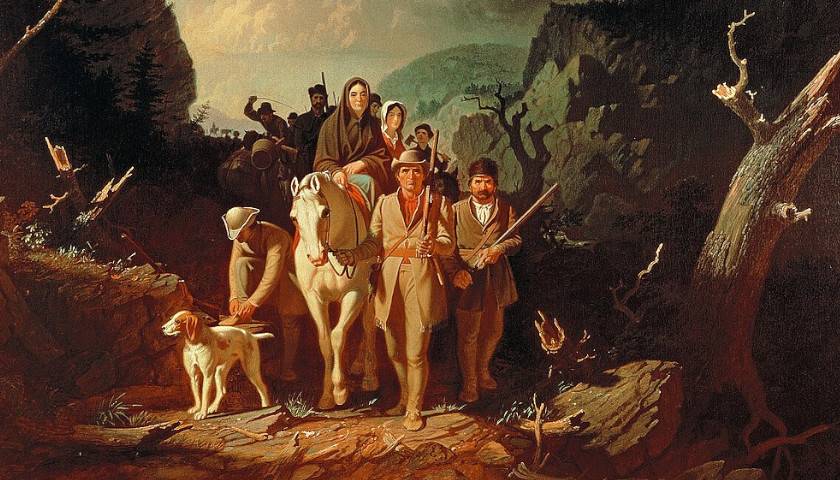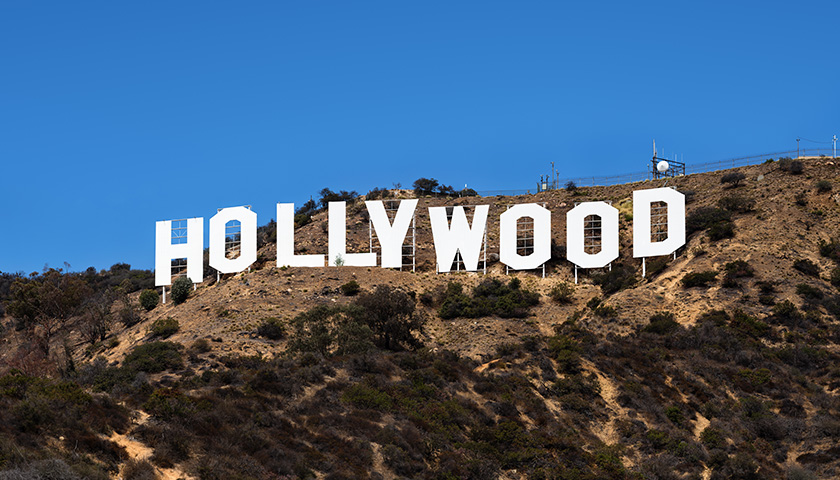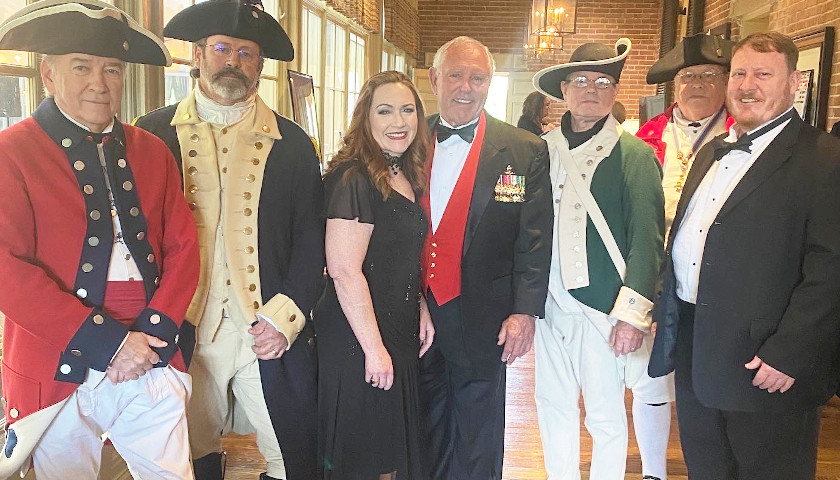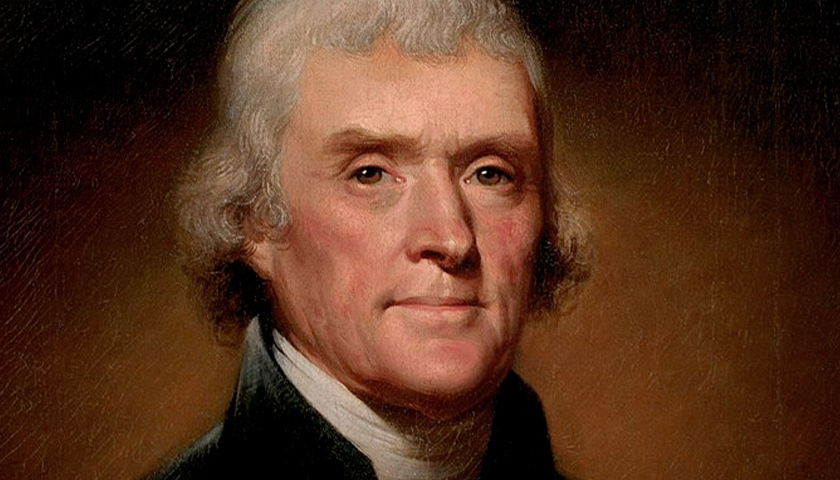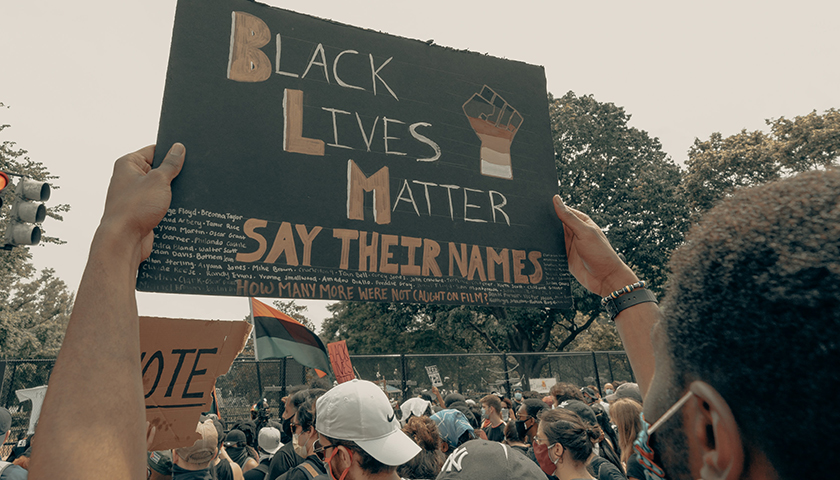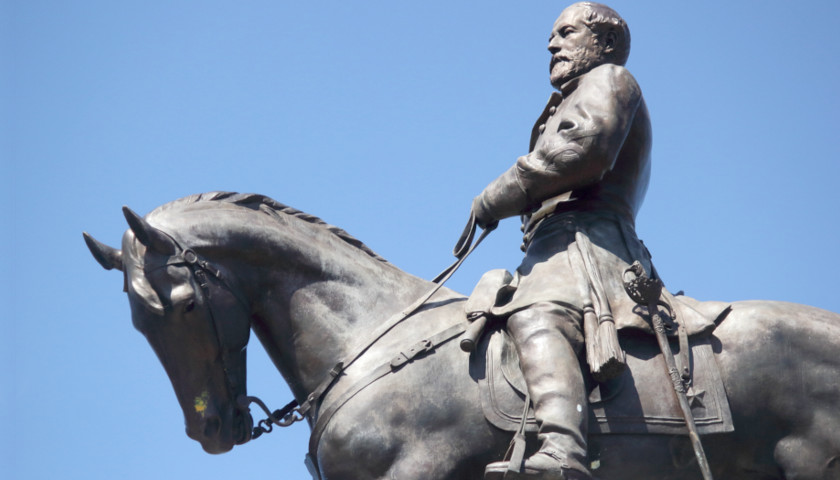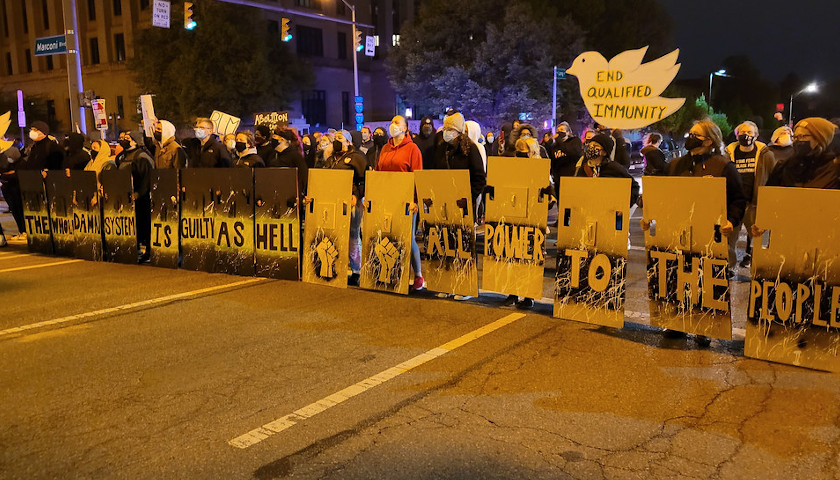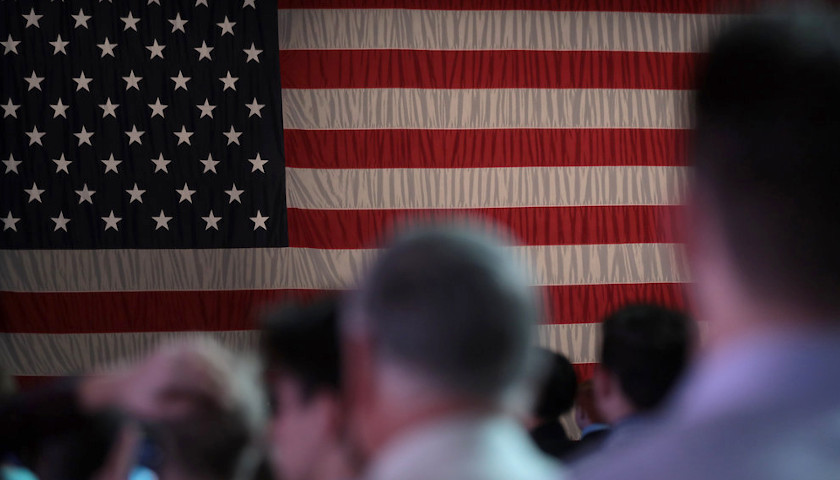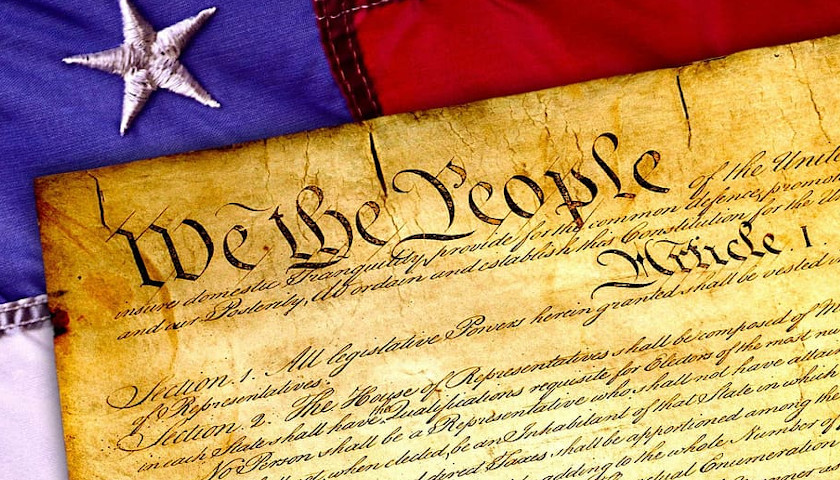We have witnessed one of the most shameful, disgusting, filthy episodes in American history. If I had submitted the outline of the Trump trial to a publishing house, they would have rejected the book and said “Even readers of fiction novels will never believe your premises, Rabbi. Your effort at fiction-writing unfortunately descends right with that O.J. Simpson manuscript about ‘how he would have killed Nicole if he had done it.’ Actually, it is more bogus than the O.J. travesty. Sorry, Rabbi. Try submitting on another subject that is more believable, like Androids on the 37th parallel.”
As my readers know, I practiced law at three of America’s most prominent law firms, clerked for one of America’s most prominent federal appeals court judges, and was chief articles editor of UCLA Law Review. I also was a law professor for 16 years. By now, I know the law inside out. And I am a refugee from New York City, Brooklyn born and bred, Columbia University brainwashed and reeducated. I know that town and its players.
Read More


